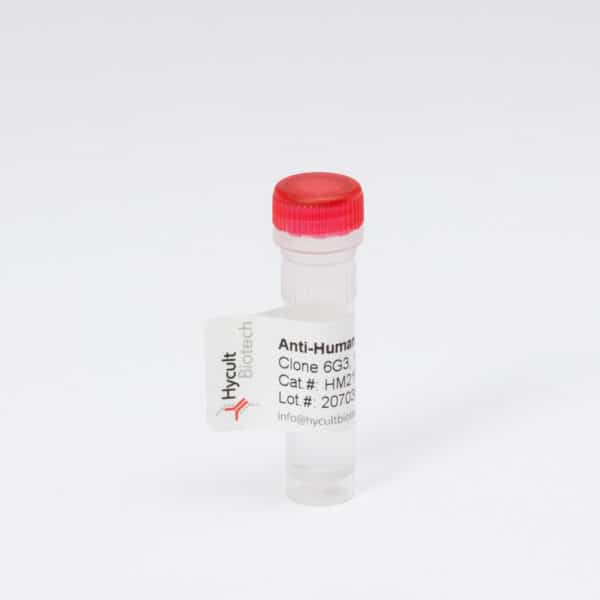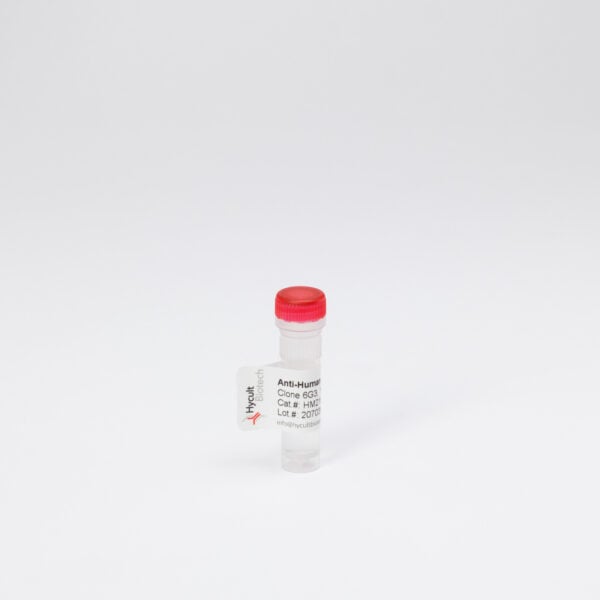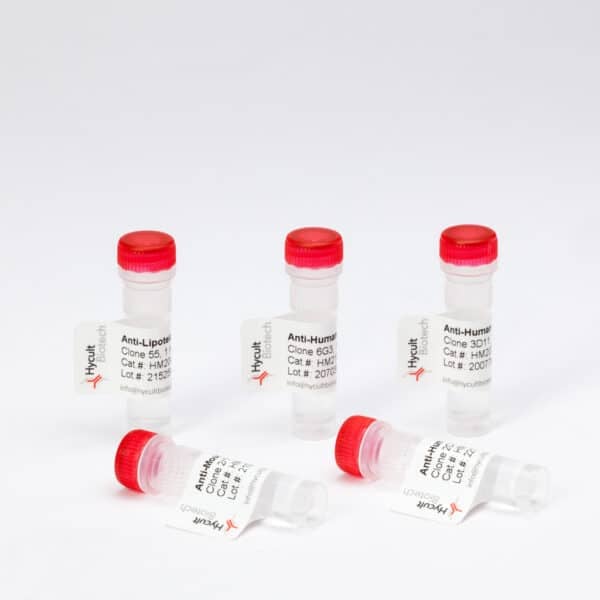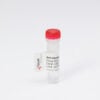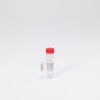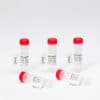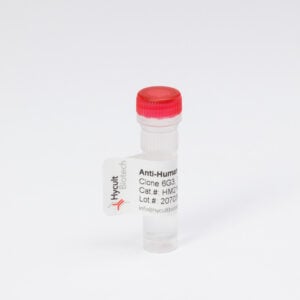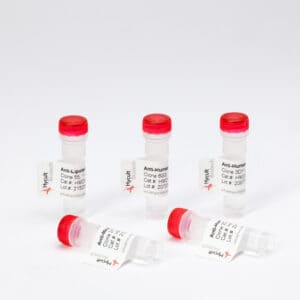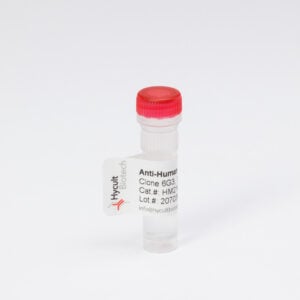Complement factor D, Human, mAb D10/4
€125.00 – €347.00
The monoclonal antibody D10/4 recognizes human complement factor D. Factor D, a 27 kDa serine protease of the alternative complement pathway, is synthesized as a precursor single-chain molecule. The alternative complement pathway represents an important humoral component of natural defense against microbial attack. The participation of the alternative complement pathway has been implicated in the pathogenesis of a wide variety of human diseases.
Factor D is unique among serine proteases in that it requires neither enzymatic cleavage for expression of proteolytic activity nor activation by a serpin for its control. Factor D is highly specific and cleaves factor B bound to C3b, generating the C3bBb enzyme. Factor D is the rate-limiting C3 convertase enzyme of the alternative pathway. It has both the lowest plasma concentration and the lowest molecular weight of all complement components. Normal values in human EDTA plasma and urine are 1.05 (± 0.27) and 0.62 (± 0.33) µg/ml, respectively. In normal human subjects, factor D is rapidly eliminated via the kidney. Compared to controls, plasma and urine levels of factor D in patients with renal failure are elevated. Elevated plasma levels return to normal levels within seven days after successful renal transplantation to prevent overstimulation of the complement pathway.
Human adipsin, a protein that is expressed at high levels in adipose tissue, is identical to factor D and also displays the same enzymatic activity as factor D. This suggests that factor D plays a role in fatty tissue distinct from its role as a complement protein.
Calculate your ELISA data easily
With the ELISA calculator you can easily calculate ELISA data. Assayfit Pro helps to perform curve fitting. The calculator generates advanced reports, fit graph, fit parameters and goodness of fit are shown.
We are glad to support you!
Take advantage of our dedicated support team for any technical assistance you need while using our products or considering them for your research needs.
